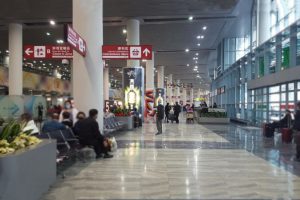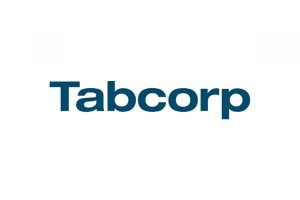Andrew MacDonald steps down as Genting director and RWS chief casino officer

The company said MacDonald has stepped down to pursue personal interests.
Singapore.- Genting Singapore has announced that Andrew MacDonald has stepped down from his role as director and chief casino officer of Resorts World Sentosa (RWS) as of November 1. He was appointed to oversee RWS casino operations in September 2022.
The company said: “MacDonald has stepped down from his position as a director and chief casino officer of RWS to pursue his personal interests.”
Before his tenure at RWS, MacDonald occupied various positions in the international casino sector, including corporate senior vice president and chief casino officer at Las Vegas Sands Corp and executive vice president of casino operations at Marina Bay Sands, Resorts World Sentosa’s competitor in Singapore’s casino resort market.
See also: Gambling regulation in Singapore: amendments to Casino Control Act enter force
Moody’s affirms A3 credit rating for Genting Singapore
Moody’s Investors Service has affirmed Genting Singapore‘s credit rating at A3, indicating upper-medium grade and low credit risk. The outlook for the company remains stable. Analysts said Upward movement of the rating was unlikely, “given Genting Singapore’s small scale compared with its global peers and its concentration in Singapore.”
Moody’s expects the company’s earnings before interest, taxation, depreciation and amortisation (EBITDA) to reach SGD1.2bn (US$906.8m) this year, reflecting a slight increase as demand has softened amid economic uncertainty. Analysts noted that the casino operator’s operational capacity has temporarily fallen due to the closure of a hotel for renovations. They forecast that EBITDA will grow to SGD1.3bn in 2025 as new attractions open gradually.
Moody’s noted that Genting Singapore is modernising offerings at Resorts World Sentosa (RWS) as part of its casino licence extension until 2030, with an investment of SGD6.8bn: “Although the amount is significant, the capital expenditure will be spread across multiple years, peaking at an estimated SGD1 billion per annum between 2027 and 2029.”








